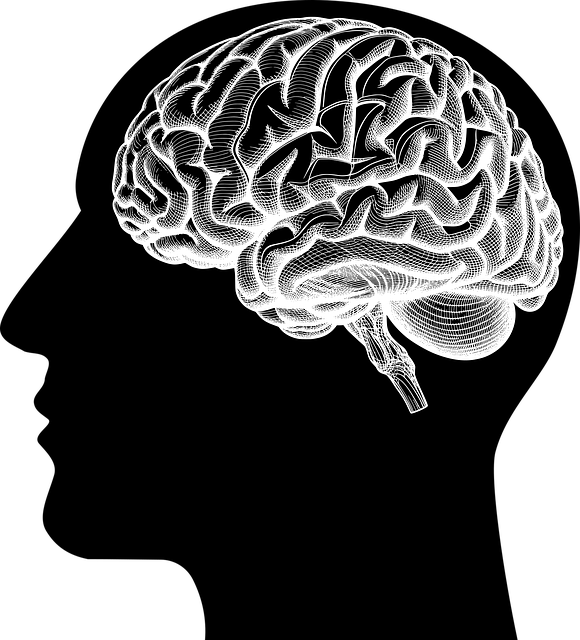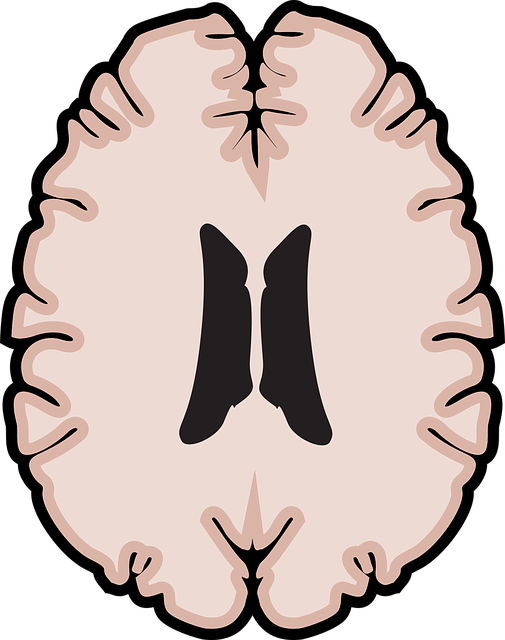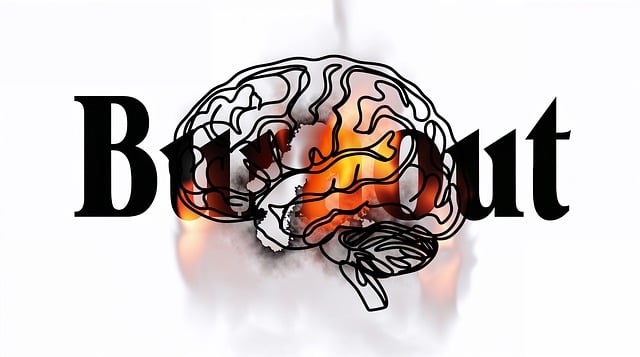Therapy, particularly American Sign Language (ASL) therapy, is a powerful tool for older adults to cope with life's challenges and maintain emotional well-being. ASL offers a non-verbal communication method, enhancing comfort and accessibility in therapeutic settings. Integrating mindfulness meditation and cultural sensitivity in mental healthcare empowers elders to manage stress, anxiety, and trauma effectively. By combining tailored therapy sessions, community engagement, and practical coping skills, seniors can improve their mental health, cognitive functions, and social interactions, ensuring a higher quality of life as they age gracefully.
Coping skills are essential for elders to navigate life’s challenges and maintain well-being. This article explores various aspects of coping skill development, focusing on the unique role therapy plays in enhancing elder resilience. We delve into innovative approaches like American Sign Language (ASL) therapy, offering alternative ways to express and manage emotions. Additionally, practical strategies for daily implementation are provided, catering to later years’ specific needs, ensuring a holistic understanding of coping skills development for this demographic.
- Understanding Coping Skills and Their Significance for Elders
- The Role of Therapy in Enhancing Coping Mechanisms
- American Sign Language (ASL): A Unique Therapeutic Approach
- Practical Strategies for Daily Coping Skills Development in Later Years
Understanding Coping Skills and Their Significance for Elders

Coping skills are essential for elders to navigate life’s challenges and maintain their emotional well-being. These abilities play a pivotal role in promoting resilience, enabling individuals to cope with stress, anxiety, and even traumatic experiences. For older adults, developing effective coping strategies can significantly enhance their quality of life. American Sign Language (ASL) offers a unique therapeutic approach, providing a non-verbal communication method for those who find verbal expression difficult. Through ASL therapy, elders can express their emotions, share experiences, and connect with others in a way that aligns with their comfort level.
The significance of coping skills becomes even more apparent when considering the emotional healing processes that follow traumatic events or chronic illnesses. Many older adults may struggle with feelings of loss, fear, or depression, making it crucial for them to access appropriate therapy and promotion techniques. Mindfulness meditation, as a component of many therapeutic practices, has gained popularity for its ability to calm the mind and reduce stress. By integrating these emotional healing processes into their lives, elders can improve their overall mental health and fortify their coping mechanisms.
The Role of Therapy in Enhancing Coping Mechanisms

Therapy plays a pivotal role in equipping elders with effective coping skills, especially those who may face unique challenges communicating and expressing their emotions. For individuals who use American Sign Language (ASL), therapy sessions can be tailored to incorporate this visual-spatial language, fostering a more comfortable and accessible environment. This approach not only enhances the therapeutic process but also empowers elders to navigate stress, anxiety, and other mental health concerns.
Incorporating Mind Over Matter principles within therapy can significantly contribute to successful coping mechanism development. By teaching clients to manage their thoughts and perceptions, therapists enable them to develop resilience and adapt more positively to life’s challenges. Additionally, cultural sensitivity in mental healthcare practice is essential, as it ensures that therapy aligns with the client’s values and beliefs, promoting a deeper sense of understanding and trust. This holistic approach, coupled with tailored risk management planning for mental health professionals, creates an enabling environment for elders to thrive and cope effectively.
American Sign Language (ASL): A Unique Therapeutic Approach

American Sign Language (ASL) offers a unique therapeutic approach for elders, especially those in care homes or facing social isolation. By incorporating ASL into traditional therapy sessions, professionals can enhance communication strategies and emotional healing processes. This is particularly beneficial for elderly individuals who may struggle with verbal expression or have experienced hearing loss, providing them with an alternative means to connect and share their experiences.
The use of ASL in mental health policy analysis and advocacy has gained recognition as a powerful tool to improve the well-being of older adults. It allows for more inclusive therapy by catering to diverse communication needs. Research suggests that non-verbal forms of language can stimulate cognitive functions, boost memory, and create opportunities for social interaction—all vital aspects of emotional healing processes.
Practical Strategies for Daily Coping Skills Development in Later Years

In later years, maintaining emotional well-being is paramount for seniors aiming to age gracefully. Practical strategies for daily coping skills development include integrating therapy tailored for elders, such as American Sign Language (ASL) workshops, which offer a unique and engaging outlet for expression and connection. ASL not only enhances communication but also stimulates cognitive functions, fostering social interaction and mental agility. Beyond language acquisition, participating in community groups or volunteer work can significantly combat burnout prevention, providing opportunities to stay active and engaged with peers.
Additionally, emotional well-being promotion techniques like mindfulness exercises, light physical activities, and creative outlets—such as painting or writing—can profoundly impact seniors’ coping skills development. These activities help manage stress, improve focus, and foster a sense of accomplishment. By incorporating these strategies into their daily routines, elders can enhance their resilience and adapt more effectively to life’s challenges, ensuring a higher quality of life and greater independence in the later years.
Coping skills development is a vital area of focus for elders, enabling them to navigate life’s challenges with resilience. As discussed, therapy plays a significant role in enhancing coping mechanisms, offering personalized strategies tailored to individual needs. Furthermore, American Sign Language (ASL) emerges as a unique therapeutic approach, fostering communication and emotional expression. By integrating practical strategies into daily routines, elders can actively participate in their well-being, ensuring a higher quality of life in later years.














